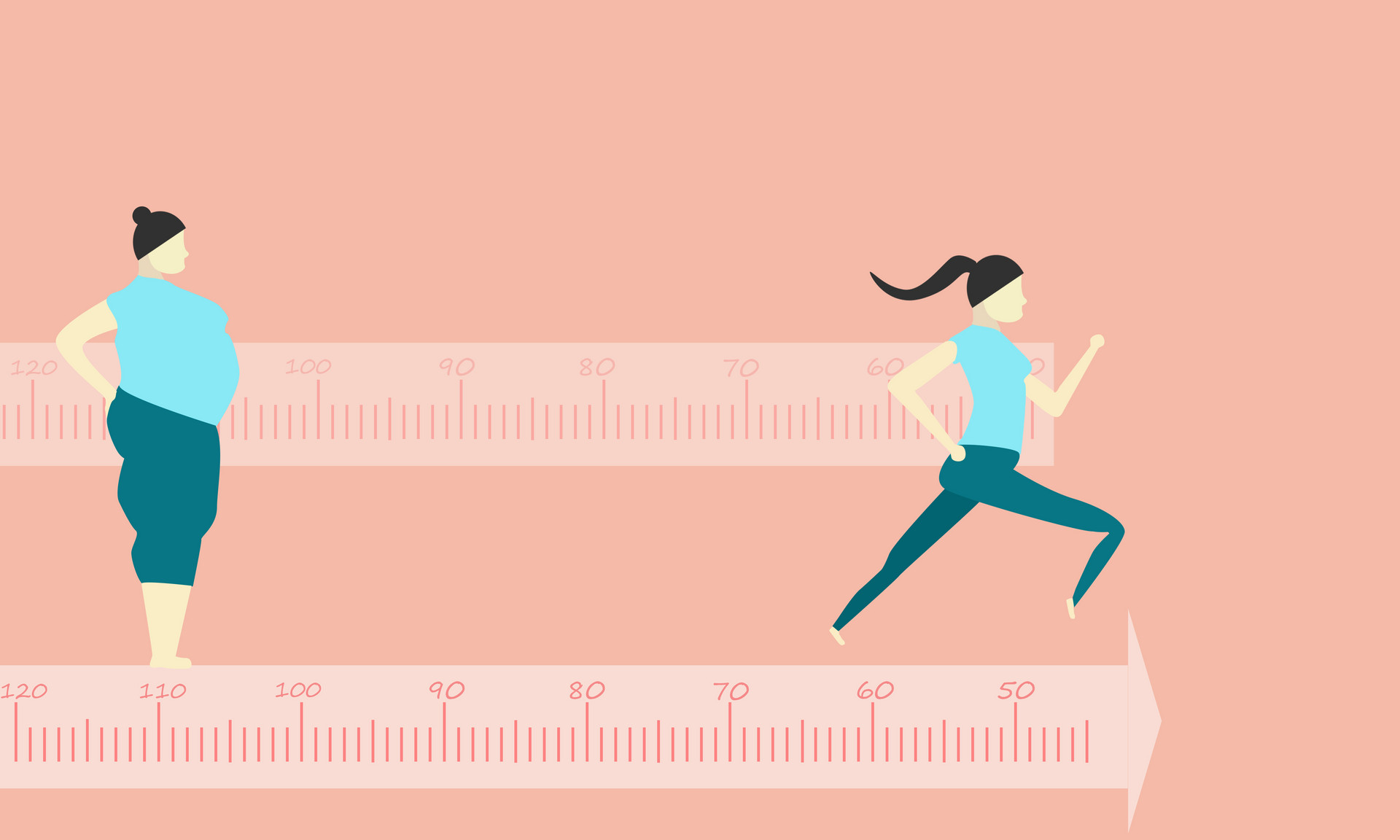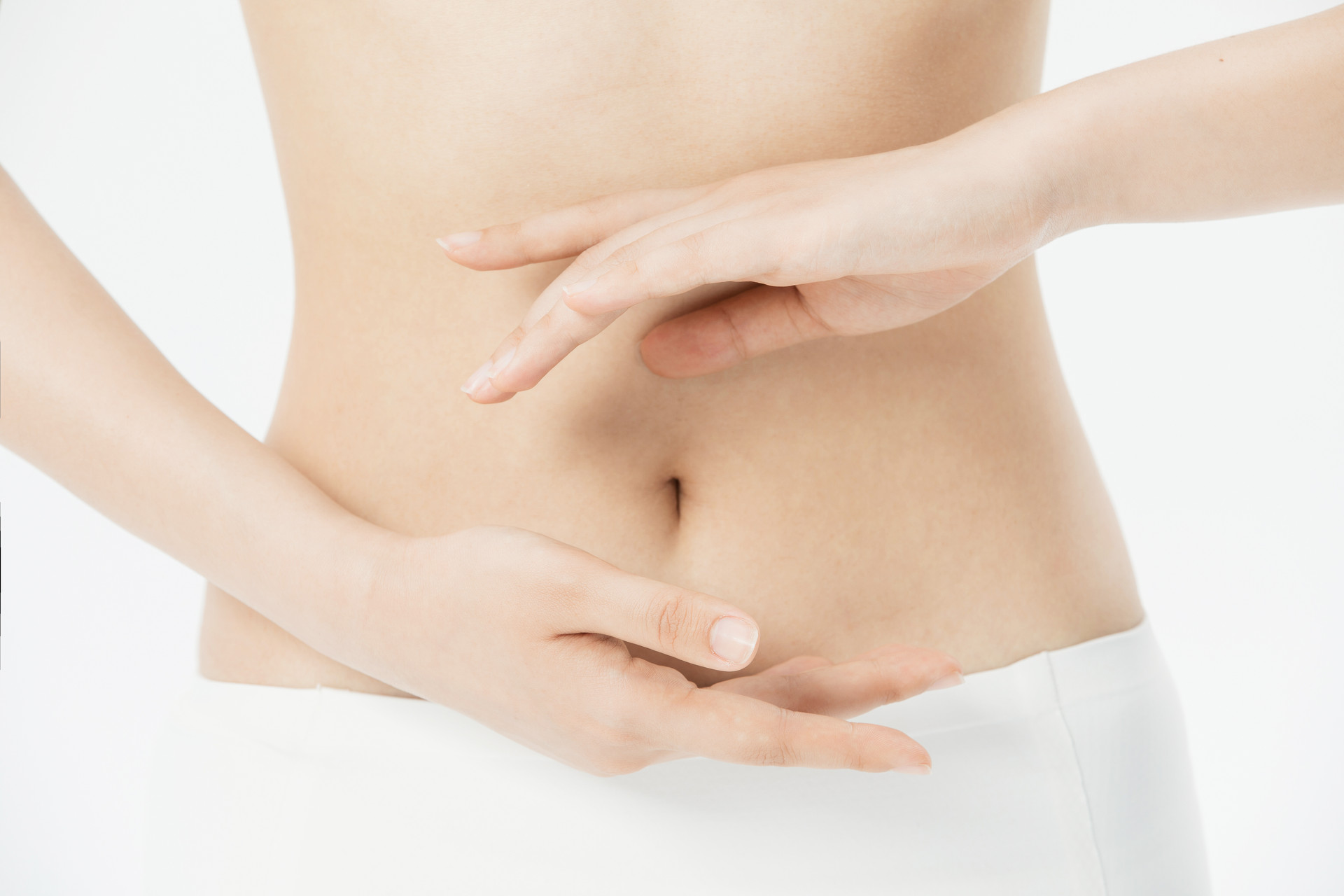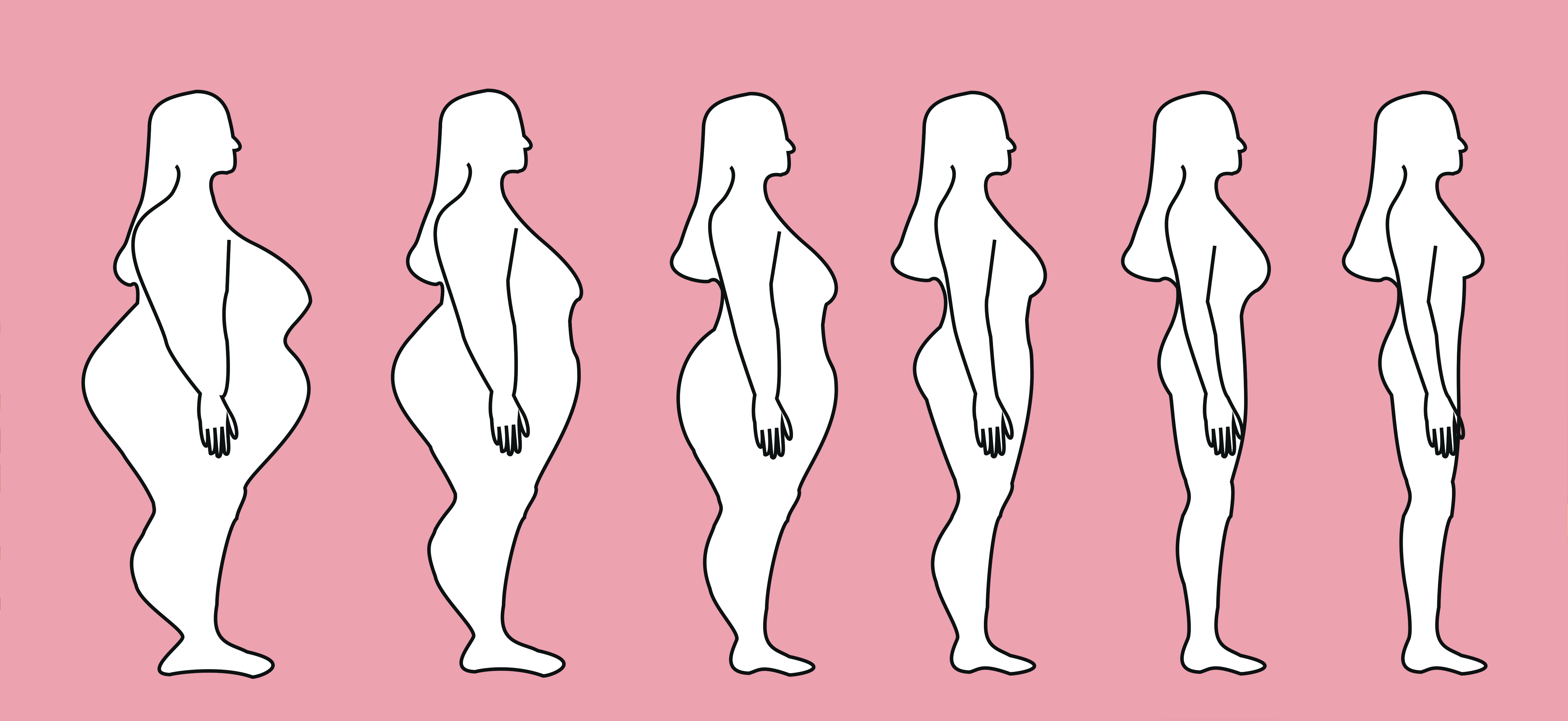Autumn is a time of refreshing air. If you persist in appropriate physical exercise, it can not only regulate the heart and lungs, improve the function of internal organs, but also enhance the immune function of various tissues and organs and the body's ability to resist external cold stimuli. However, due to the large temperature difference between morning and evening in autumn and the dry climate, in order to achieve good fitness results, attention should be paid to "four prevention" during exercise.
1. Prevent sports injuries
Because the muscles and ligaments of the human body will reflexively cause vasoconstriction, reduced flexibility, decreased range of joint movement, and decreased command ability of the nervous system to muscles in low temperatures. If adequate warm-up activities are not done before exercise, it can cause ligament sprains, muscle strains, etc. The time and content of warm-up activities may vary from person to person, generally to reach a warm body temperature is appropriate.
2. Prevent catching a cold
The temperature is low in the early morning of autumn, so it is not advisable to go outdoors in single clothes. Clothes should be added or reduced according to the outdoor temperature changes. It is not advisable to take off too much clothes at once during exercise. Excessive clothes should be taken off only after the body is warmed up. After exercise, avoid staying in the cold wind wearing wet clothes to prevent the body from catching a cold.
3. Prevent excessive exercise
Autumn is a good season for exercise, but at this time, the human body's Yin essence and Yang qi are in a stage of contraction and nourishment. Therefore, exercise should also follow this principle, that is, the amount of exercise should not be too large to prevent excessive sweating and depletion of Yang qi. It is recommended to choose light and gentle exercises with moderate intensity.
4. Prevent dryness and injury to body fluids
Autumn is the season when the liver qi is dominant. The climate is dry and the temperature is lower, which can easily cause symptoms such as dry throat, dry mouth, cracked lips, nosebleeds, and constipation. For exercisers, after exercise, they should eat more foods that nourish Yin, moisten the lungs, and replenish fluids, such as pear, sesame, honey, and tremella.
After exercise, it is also important to drink more water and eat more sugarcane, pear, apple, dairy products, sesame, fresh vegetables, and other foods to maintain normal secretion of the upper respiratory tract mucosa and prevent throat pain. If sweating excessively during exercise, a small amount of salt can be added to the water to maintain the acid-base balance in the body, prevent muscle spasms. When replenishing water, it is advisable to drink a small amount of water multiple times. In addition, if engaging in long-distance running exercises, it is also necessary to drink an appropriate amount of sugar water to prevent low blood sugar and the occurrence of adverse physiological reactions such as dizziness, sweating, and weakness in limbs.






